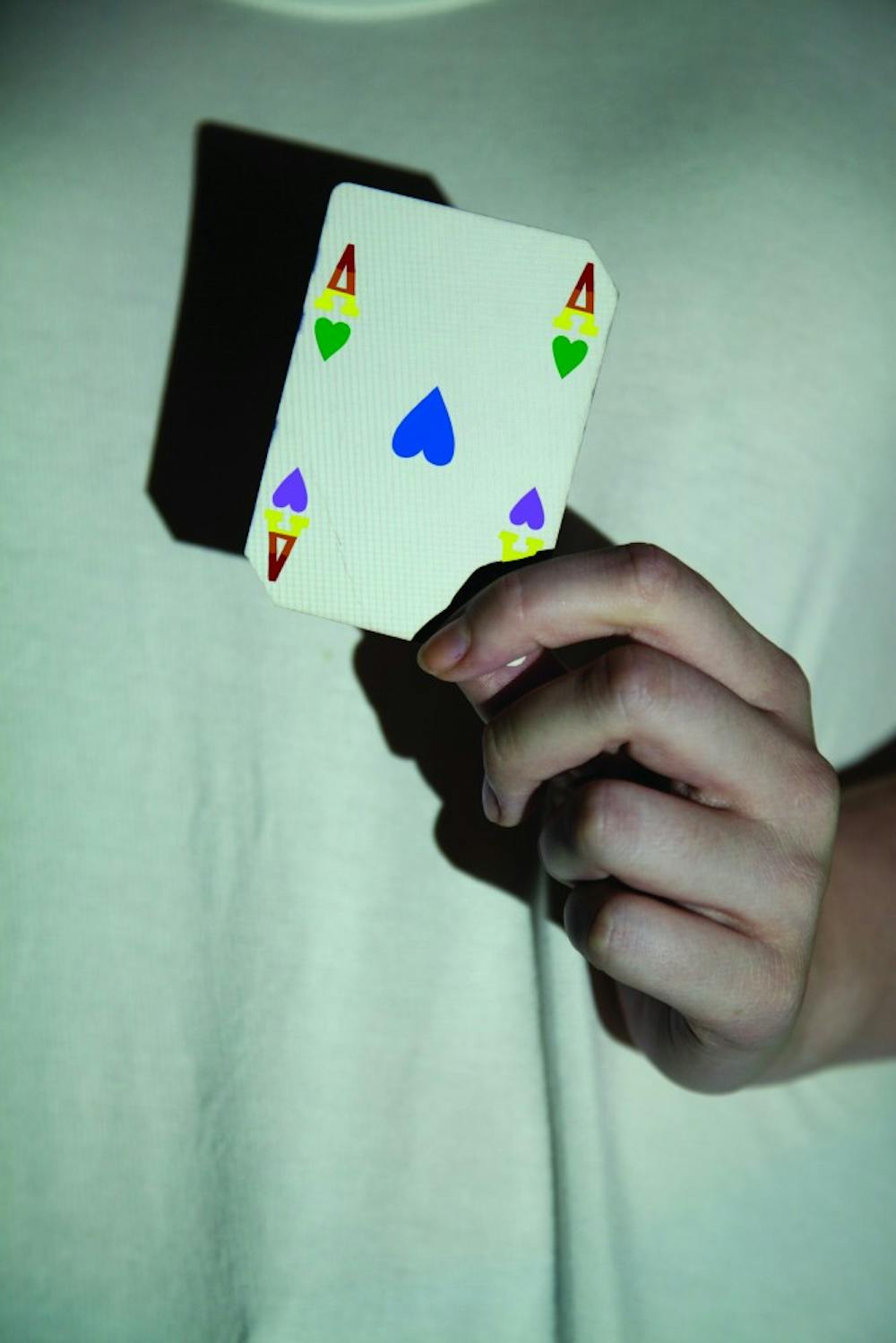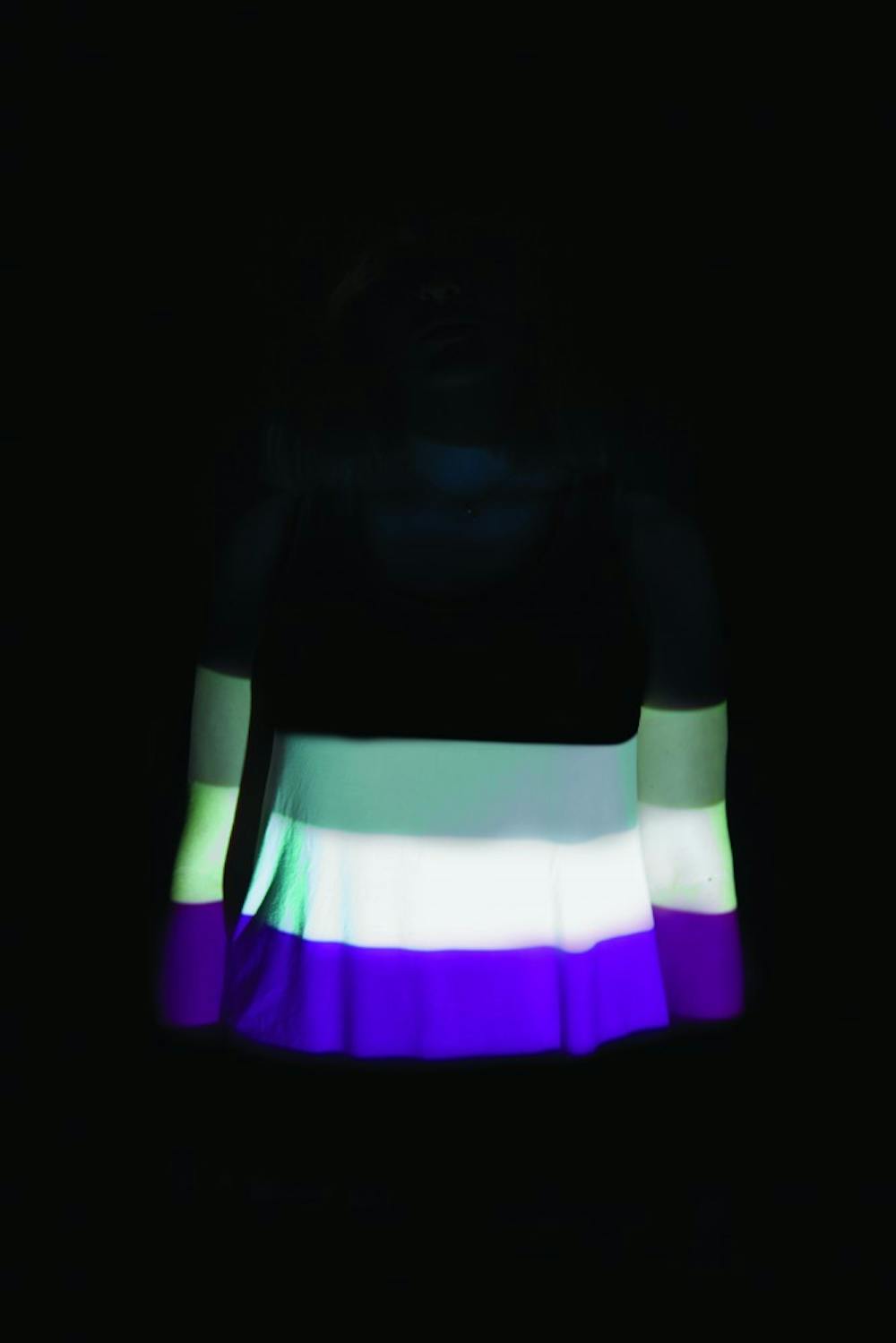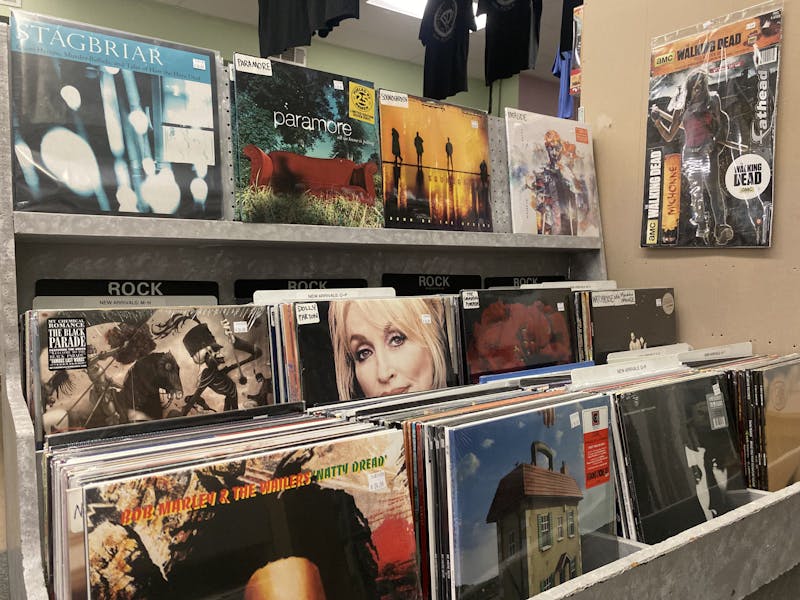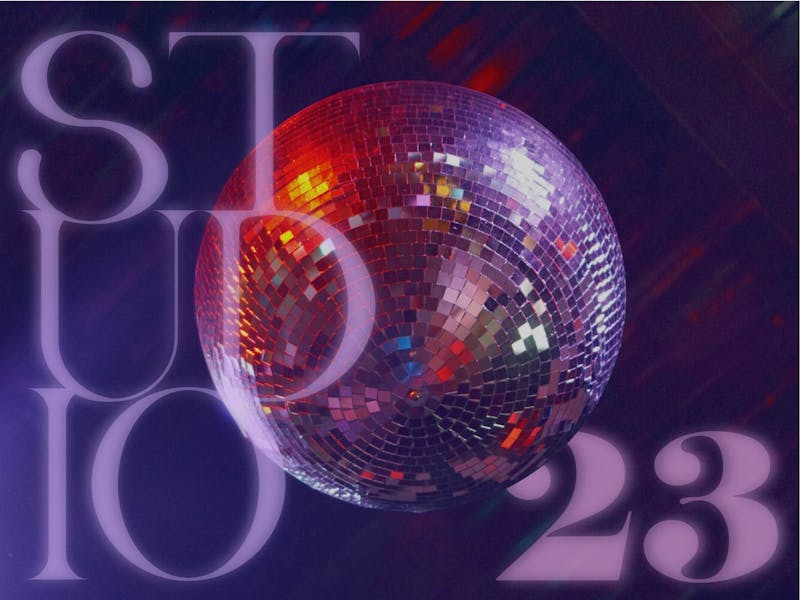I got my first kiss at senior prom. It wasn’t something I planned, instigated, or even expected. It just kind of happened, and when it did, I was relieved. It was the one thing on my high school checklist that I’d never found time in my schedule for, and I could finally walk around without feeling like I was missing out on something.
Rationally, I knew it was fine that I’d always been inactive in that area — that people have different paths, that they check off life’s milestones at different rates — but I felt that if I made it through the doorway of my first college dorm without even holding hands with a guy non-platonically, it would just feel a little bad. It was great to finally get it over with. Don’t get me wrong, my first kiss was fantastic. But it was also like finally finishing a chore.
So was this it? The final hurdle I needed to cross to get into the world of real relationships? I thought it was. I had all these notions about how things would be, about the order and structure with which things would progress. I would meet a guy, we’d start dating, and it would continue on from there. It was how I thought I should feel about dating and, ultimately, sex. This was college, after all. I was naive, but not so much that I didn’t know expectations would be a lot different here.
Sex is always sold to you as a million different things. You’re told that it’ll mess up your life in moment’s lack of vigilance. That it’s the ultimate form of intimacy that can possibly blossom between two people. That it’s sinful, it’s holy, it’s all just good fun. So many opinions, so many Cosmo articles and smutty vampire novels my middle school friends and I would giggle over while waiting for our parents in carline. Everything is sex, so I have no idea how I managed to totally ignore it the first 18 years of my life.
Up until I got my first kiss, sex wasn’t something I thought about. Ever. It was a concept, something for other people to deal with while I got comfortable off to the side with a bowl of popcorn and a good view of all the resulting theatrics. What I didn’t realize is that it meant everyone around me was getting experience, learning what they liked and didn’t, what they wanted and didn’t want to do with intimacy. While I just had vague, romcom-flavored ideas of what I wanted, they had real-world data to back theirs up. Now that I was actually getting that kind of attention, sex wasn’t something I could leave to other people anymore. I had to figure out how I felt about it. For myself and for any future partners.
And the answer was nothing. I felt absolutely nothing about it.
When I first got to college, I told myself this was due to lack of experience with guys. Then I switched to telling myself that it was because of bad experiences. The second guy to kiss me did it to cheat on his girlfriend. The third was just a fling that fizzled into a casual friendship after a week. Which was fine, I knew something stable would come eventually. Then something stable did come. Someone that made me feel wonderful and comfortable and all the warm and fuzzy things. But still, when it came to taking things further, I felt nothing. I wasn’t repulsed or scared by the idea. Like my first kiss, I knew I’d get it out of the way eventually. I just had no active interest.
I felt like something had to be wrong with me. Maybe my mind had been botched by a Southern Baptist upbringing, by the standards of shame society imposes on women and how they use their bodies. Maybe it was because of my own immaturity, maybe I’d done this to myself. Many times I thought about breaking things off with my partner, not because I felt pressured to do anything, but because I was scared I’d never be able to meet his needs the way he met mine. I believed he deserved far better. I felt broken. I felt stupid and childish. I thought this was my new normal until one of my friends asked me a question: “Do you think you might be asexual?”
It was a term I’d heard before, but mostly in biology classes talking about plants or certain species of fish. I knew there were people who identified as asexual, but all I had to go on were stereotypes. In my head, asexuals were loners. They kept to themselves, they were prickly, they were unfeeling and cold. Nothing that could possibly apply to me. I found people attractive. I’d had a few crushes. I couldn’t be asexual. But still, it was an idea. So I went back to the place where I started my whole education on gender and sexual identity: Tumblr.
It took two clicks to find a massive community of people with stories just like mine. I also got a better definition of asexuality itself. Turns out, your romantic and your sexual orientation can be two separate things. You could be asexual, or “ace,” and still have romantic feelings for anyone of your preferred gender. Asexuality is simply the absence of sexual attraction. It has nothing to do with your capacity for dating or romantic feelings.

It doesn’t mean you necessarily have to be repulsed by sex. Some asexuals are, but for others it’s just total apathy. When it comes to intimacy, their needs are met by a more mental or emotional connection to a partner. It doesn’t even mean you can’t have or enjoy sex. It just means it’s not important or necessary for you in a relationship.
I’d never met any asexuals. I didn’t have any prominent asexual celebrity role models or ace characters from my favorite books or TV shows. This was the first time I’d seen this part of myself reflected back at me in a way that didn’t make me feel othered. There wasn’t anything wrong with me. I wasn’t just being fearful or repressed or immature. This was how my brain worked. There was nothing wrong.
Part of me still thought that putting a label on it shouldn’t matter. That it wasn’t a big enough deal. I was just trying to make myself feel better by finding a box to get settled in. But I didn’t feel like I was putting myself in a box. It felt like stepping out of one. I’d seen how damaging the traditional heteronormative relationship model could be for people in non-traditional relationships. I didn’t realize it affected people who didn’t follow the traditional intimacy model, as well. People aren’t broken because they aren’t sexually attracted to people of the opposite gender. I’m not broken for not experiencing sexual attraction at all.
The first time I said it out loud was to my partner. We were lying on my dorm room futon, watching old episodes of "Catfish." It had gotten to that time of night where for some reason you’ve got the courage to say anything that’s on your mind, and I said it: "I am asexual." He’d never heard the word before and asked me to explain. Rambling out a hurried definition, I was terrified. I was scared that he’d think of me the way I’d thought of myself. Childish. Immature. Too inexperienced to know what I wanted.
“That makes perfect sense,” he said from his spot next to me in the dark. I flinched. He went on, “I mean, I knew I was interested in sex before I did it, so it makes perfect sense to me that you’d already know you aren’t.”
And there it was. The one thing all the research, all the articles and conversations with online support groups never turned up. The most obvious, most cliche moral of any story: The fact that I knew myself. It’s the best advice I can give to someone trying to answer all the questions I was. You know yourself, no matter what trajectory you’ve set for your relationships or that’s been set by the world around you. You know what you want and you’re not broken.



